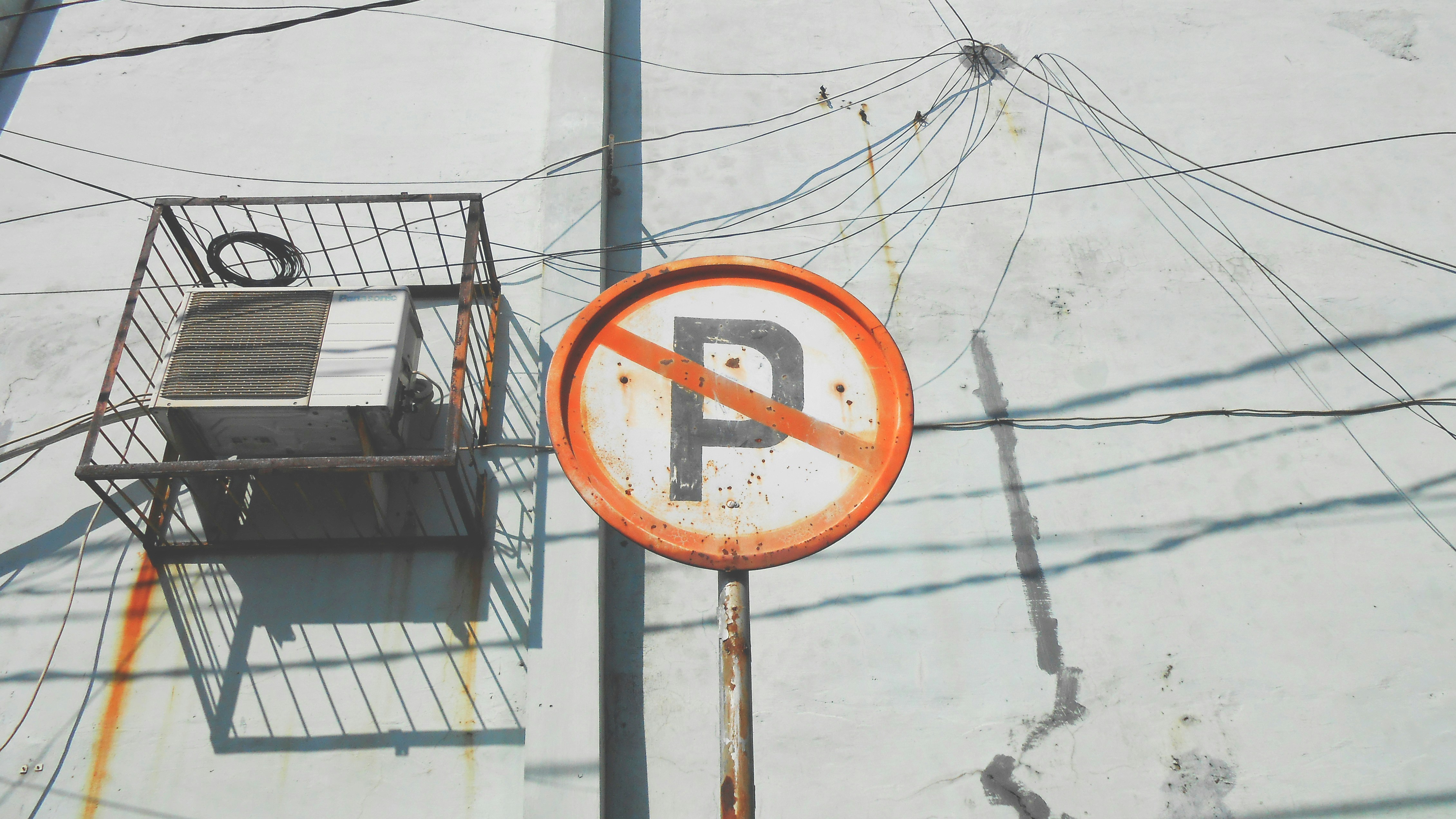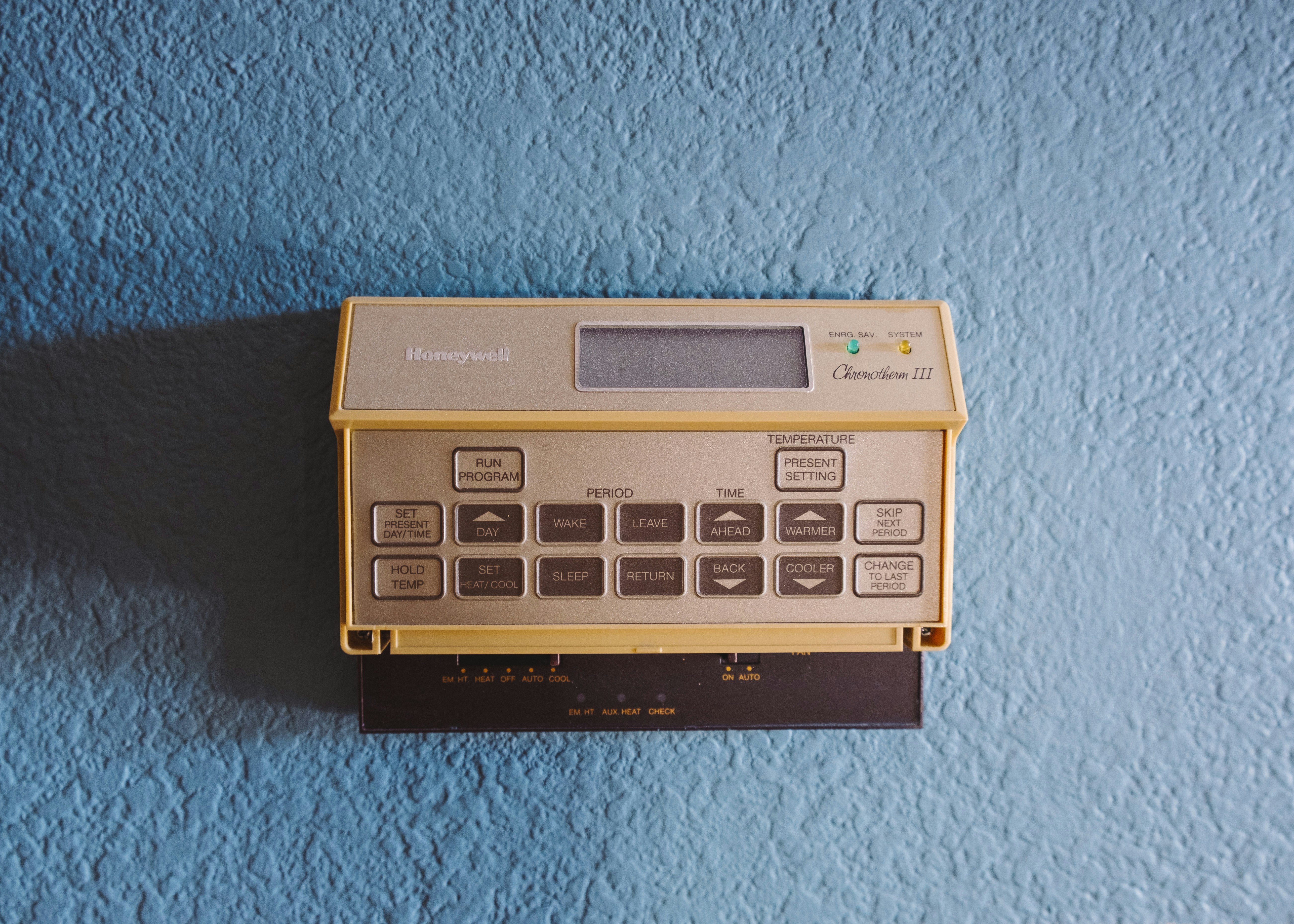It’s a nightmare that any homeowner dreads in the summer months. The temperature rises above 80, you turn on your air conditioner, and there’s no cold air.
While you’re already sweating from heat and humidity, it could also be from racking your brains as to why your air conditioning unit is suddenly not doing its job.
Here are some things to take a look at that with your at-home AC unit that could be keeping the cold air from blowing, and maybe a common home repair job for you to take on yourself.
Cleanliness Of The Unit

How clean your air conditioner is, inside and out, can definitely impact just how well air flows through. For example, a dirty air conditioning filter can reduce the amount of airflow through your system, which is why the cold air may not be coming through as clear as possible. While you could take the time to clean the filter, there are some situations where the filter is beyond repair, and it’s best to replace it.
If the issue is not your filter, take a look at your condenser. The condenser is the outdoor unit that radiates heat from your home. If that outer part of the unit is covered in dirt and debris, it’s blocking the heat from exiting, not allowing your AC unit to cycle the air properly. If you need to clean the condenser, do not go full blast with a garden hose. While this seems like a quick fix to removing leaves, dirt, and any other crud, you can actually cause a greater deal of damage to the condenser fins, which allow airflow to cool the refrigerant. Gently clean the condenser fins with a light flow of water to get the debris out of there.
A clogged drain could also be to blame, as algae and other growth can block hoses and drain pipes. These claims can shut a unit down as air conditioners remove moisture from the air. These hoses and pipes are designed to keep water from backing up into the air conditioner or even your home, causing significant water damage. Piping can be replaced, but the fix is sometimes as simple as a mild bleach solution.
Dirty coils can result in a lack of airflow, which leads to ice buildup in your AC. Ice buildup can also be linked to a lack of refrigerant that actually expels cold air. If there is ice built up, run your air conditioner with just the fan on. This can melt the ice over time. If there’s still no cold air, check the refrigerant levels within the unit. If coolant levels are low, there’s a possibility that you may have a refrigerant leak. Check your lines to see if there are any cracks or troubles that may be present.
Power And Motor Issues

An air conditioner not turning on is a homeowner’s nightmare. It’s among the many home maintenance projects for Florida residents as the temperature rises throughout the summer. Sometimes, the issue can be something electrical.
While it may sound silly, it happens. Be sure that your air conditioner is plugged into an outlet correctly and that the power cord is intact without any knots or kinks in the cable. If the outlet and cord are not the issues, there’s possibly some trouble with the electrical panel. Keep in mind; there are also a lot of wires in your system. With regular wear and tear, these wires can fray, corrode, or disconnect, causing problems with electrical flow and operation.
Air conditioners require a hefty power boost. In fact, it is quite an audible thing that you notice the second you turn your unit on. That power surge can sometimes trip a breaker or blow a fuse. Some units actually have overload switches brought on by these surges, which may need to be looked at. This is quite common for air conditioners and most electrical appliances after severe weather, like a thunderstorm, where homes can lose power altogether.
If your air conditioner is connected via a thermostat, it could be as simple as poor connectivity. Try turning your thermostat all the way down to the coldest temperature, seeing if that gets the unit revved up and running and blowing cold air. If not, check buttons on the thermostat that will assure that cold air will blow. If there is still no action, check out the wiring of that thermostat to see that it is connected probably, or in some circumstances, if the batteries need replacing.
When It’s Time To Call For Help
If you have discovered any of the reasons mentioned above concerning your air conditioning unit, and there’s no cold air still, it is time to call in a technician.
For example, if you notice some weird odors coming from your system, that signals a deeper problem for your unit. These odors present a major hazard, as it is a common problem associated with electrical wiring damage. It is time to call in a skilled set of hands to tackle this internal repair to your air conditioner.
If your AC is making noises beyond the usual hums of flowing air, have a technician take a look. This is indicative of greater issues in the unit that could be preventing cold air from blowing. If you hear clicking sounds coming from the outside of your unit, your fan could be obstructed, which affects the recycling of air to chill your home. If you hear the clicking indoors, that could be related to an electrical issue. If you hear squealing sounds, an air conditioner may be having trouble with its belt, while a metal screeching sound could be brought on by bad bearings.

If warm air is coming out of your vents, it could be one of two issues: a bad compressor or too little refrigerant. We mentioned earlier how cracks and leaks in the unit could be leading to an absence of coolant. This is an issue that is best left to professional hands, as repairs could be needed for the ductwork. It could be a deeper issue if your in-home unit is a central air conditioner with an HVAC system.
Perhaps the greatest sign of when it’s time to call in a technician is when the cold air isn’t surging, but your electric bill certainly is. The air conditioner requires a great deal of energy, to begin with. Still, if you notice that your utility bills are getting higher and higher without your indoor temperature going lower, that’s a way to spot a greater issue immediately.
It is possible that your older, more out-of-date unit could need replacing. While this isn’t the ideal scenario, it’s common enough for many households. The average lifespan of an AC is 10 to 12 years, provided a homeowner properly maintains it. Modern air conditioners are far more energy-efficient and easier on the electric bill. Calling in an HVAC technician twice a year to check centralized units is recommended, much like how we do our own personal checkups with a doctor. It’s the best way of discovering small issues and keeping them from turning into costly problems that could shorten the lifespan of your air conditioner.

